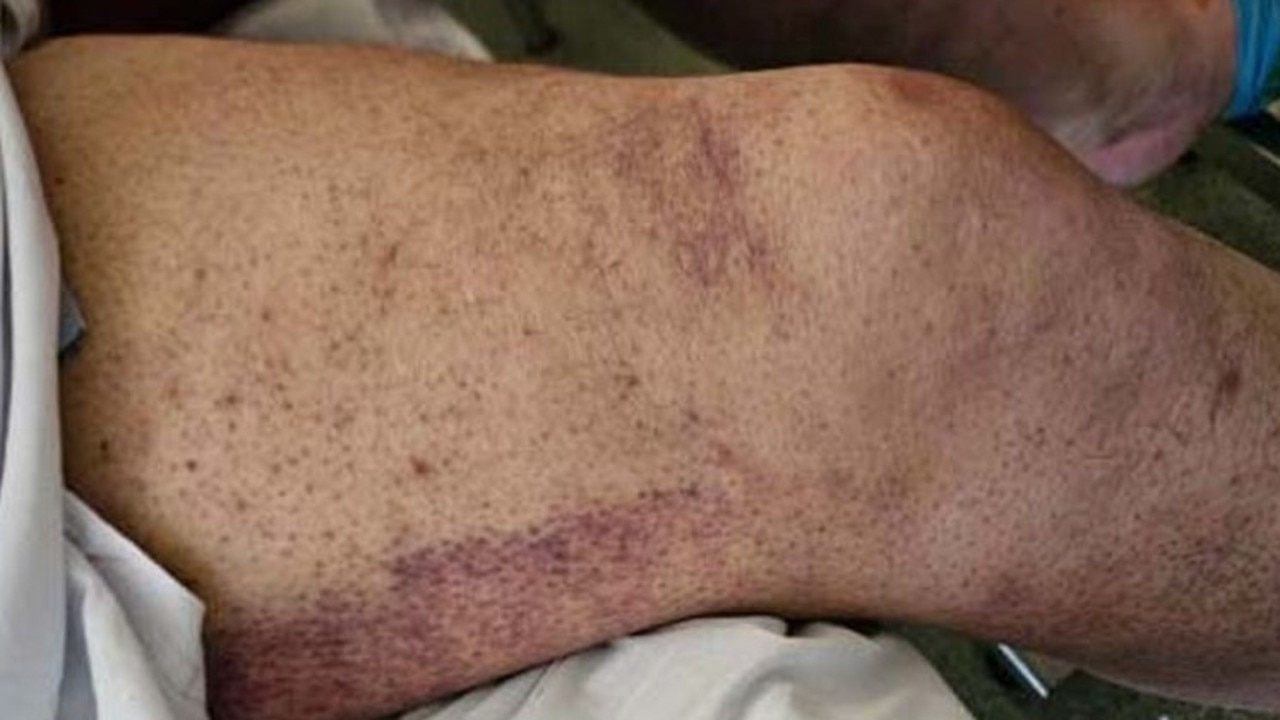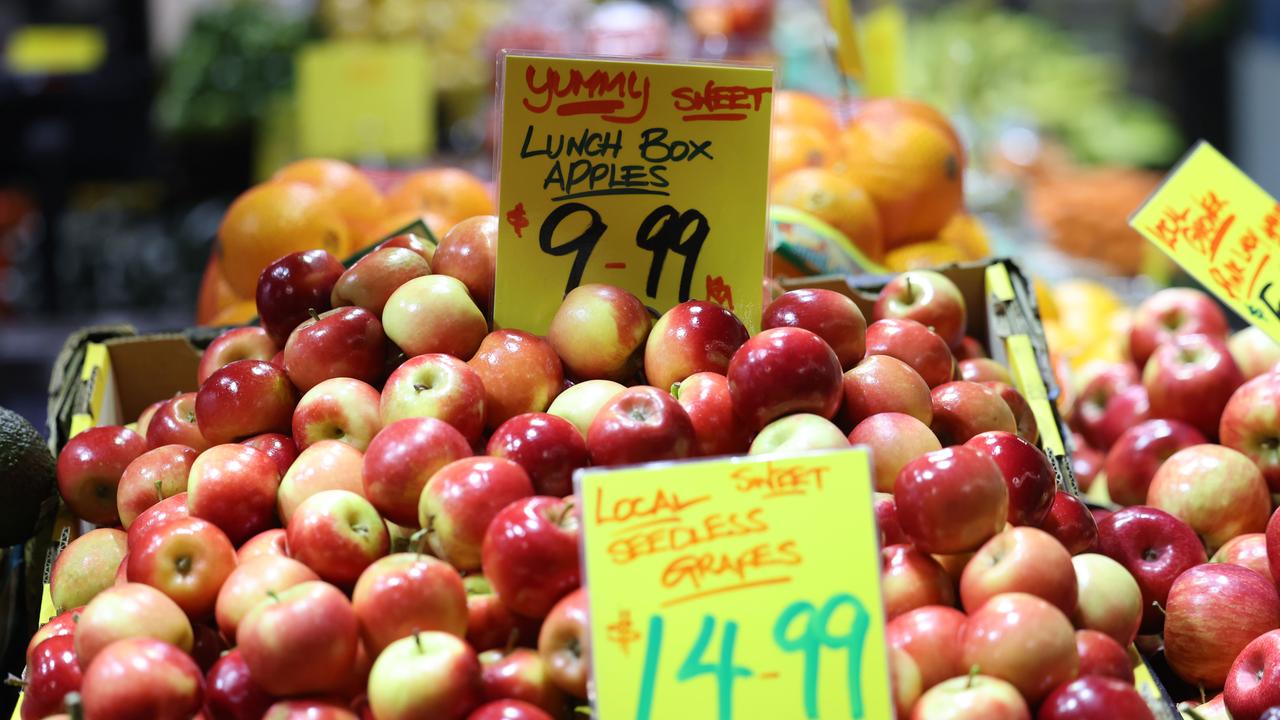Convict-era disease found in Australia in WA patient in cost-of-living shock
A case of the rare disease has been detected in Australia, in what some doctors are calling the re-emergence of a ‘cost-of-living’ disease.
Doctors have detected the rare disease of scurvy in Australia, in what one medical journal has labelled a potential “cost-of-living” case.
A middle-aged WA man presented to Sir Charles Gairdner Hospital in WA with the disease, the British Medical Journal reports, showing symptoms of a painful rash, blood in the urine and anaemia and telling doctors he sometimes “skipped meals” and “couldn’t afford” nutritional supplements.

“He tested negative for inflammatory, auto-immune and blood disorders and scans revealed no evidence of internal bleeding,” the BMJ states.
“His rash continued to spread while he was in hospital and further questioning revealed that he was short of cash and neglected his diet, eating little in the way of fruit and vegetables.
“He said that he sometimes skipped meals altogether. He had also stopped taking the nutritional supplements prescribed for him after previous weight loss surgery because he said he couldn’t afford them.
“Blood tests to assess his general nutritional status indicated no detectable levels of vitamin C and very low levels of other key nutrients.
“He was diagnosed with scurvy and treated with daily vitamin C (1000 mg), vitamin D3, folic acid and multivitamin supplements, after which his painful rash and other symptoms cleared up.”
Scurvy is caused by a deficiency in vitamin C and is associated in popular culture with sailors from the Renaissance and early modern period who would could go for months without any fresh fruit or vegetables.
If left untreated, the disease can be fatal.
It is a rare disease in developed nations because of the wide availability of nutritious food, and the BMJ authors said rising cost-of-living pressures might be leading to a re-emergence of the disease.
But they also warned other “risk factors” were present in the patient, which might have triggered his disease.
“Our patient had multiple risk factors, namely, poor dietary habits, obesity, previous bariatric surgery, use of proton pump inhibitors and low-income status,” the BMJ report states.
“His history of iron, vitamin D and folate deficiencies were also clues to his underlying nutritional deficiency,” they conclude.

Other risk factors for scurvy include alcoholism, smoking, eating disorders, low household income, obesity, kidney dialysis and drugs that interfere with vitamin C absorption, such as steroids and those that curb stomach acid production.
BMJ said the prevalence of scurvy in the community was “not clear”.
The cost-of-living crisis that has hit Australia in recent years comes from a combination of rising interest rates, energy costs and wider inflationary pressures.
Supply chain disruptions from Covid and then the Ukraine War in 2022 sparked sharp price rises across a range of goods and services, pushing central banks to hike rates to tame escalating inflation.
The spending power of Australians has declined as a result of these pressures, though economic and employment growth has remained resilient.
What is Scurvy?
Scurvy is caused by vitamin C deficiency and was first linked to sailors during the Renaissance era.
Symptoms include feeling very tired and weak all the time, joint, muscle or leg pain and swollen or bleeding gums.
Mild cases of scurvy are often easily treated by adding some vitamin C to your diet, such as from fresh fruit and vegetables.




